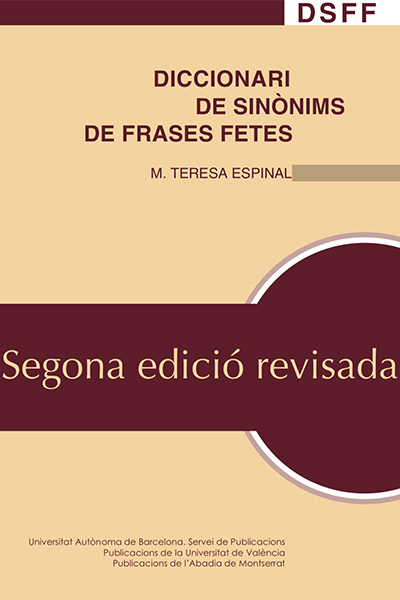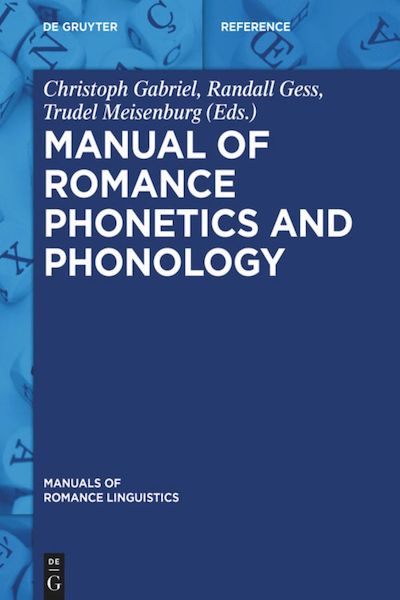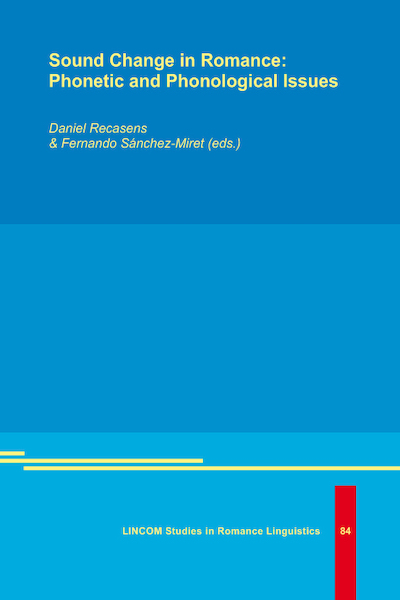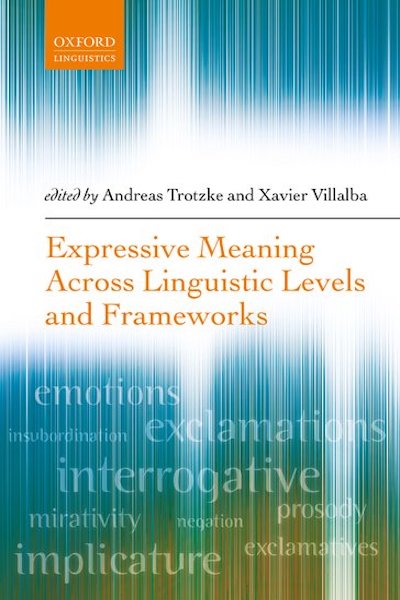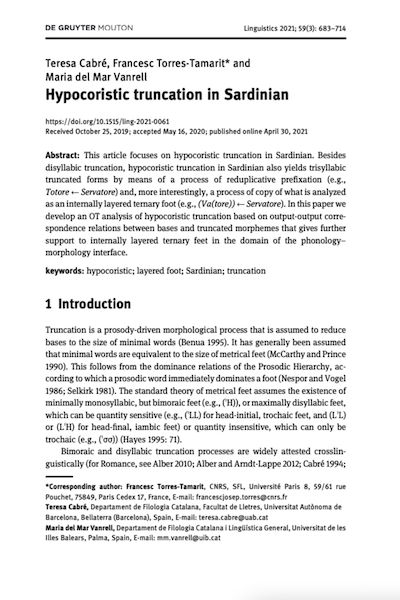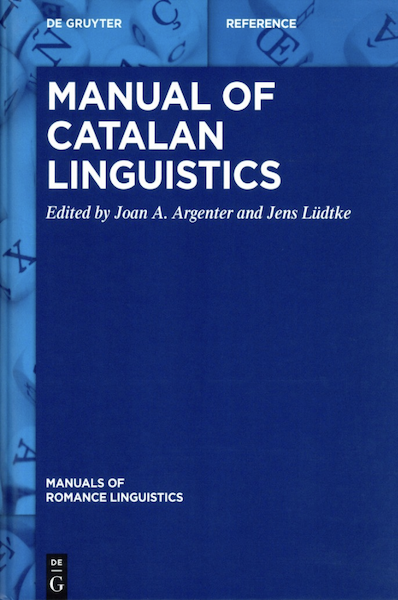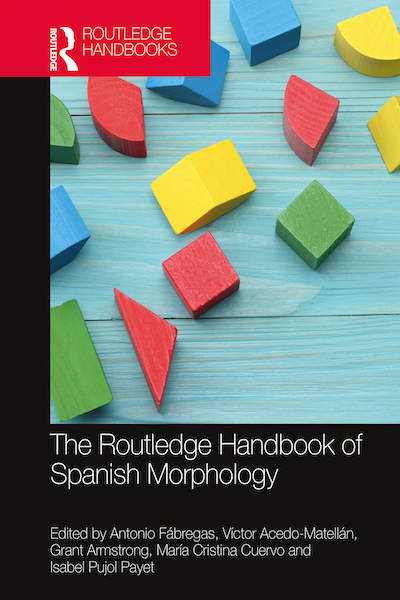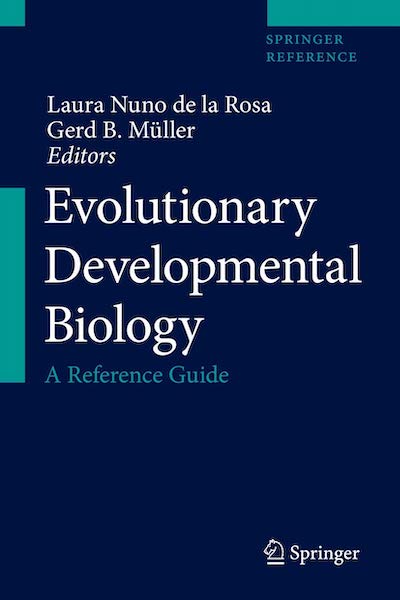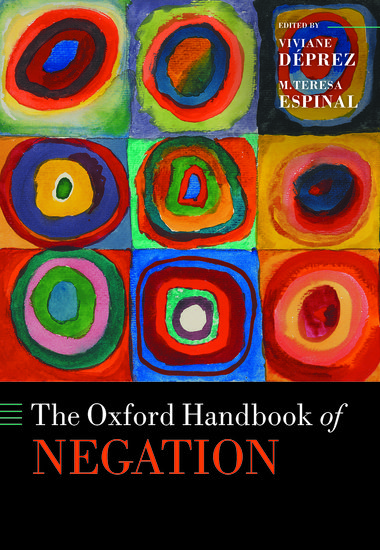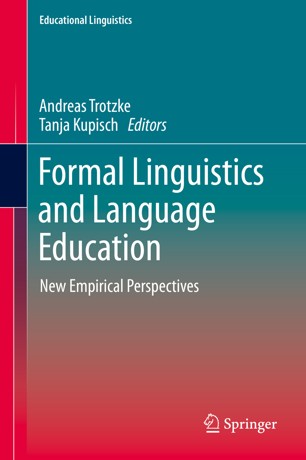
Autors:
Panagiota Margaza & Anna GavarróTítol:
Null/overt subject alternations in L2 Spanish and L2 GreekEditorial: Glossa: a journal of general linguistics
Data de publicació: Juny de 2020
Text complet
This study aims at exploring the omission/expression of subjects in L2 Spanish and L2 Greek. The distribution of subjects is examined in the context of the Interface Hypothesis (IH), which locates the difficulty of acquisition at the syntax-pragmatics interface (Sorace & Filiaci 2006; Tsimpli & Sorace 2006) and the language combination examined is a case in point as both languages share the null subject property and yet the IH predicts delay in L2 acquisition. We also examine the predictions of Lozano’s (2016) Pragmatic Principles Violation Hypothesis. We designed two multiple-choice tasks, one in Spanish and one in Greek, testing subjects in various pragmatic contexts. The tasks were administered to L2 intermediate and advanced learners and native speakers of Spanish and Greek. The results obtained indicate that the L2 learners were able to select the felicitous type of subjects in the appropriate contexts, although they did not always achieve native-like patterns. An asymmetry arose between L2 Greek and L2 Spanish, as L2 Greek was native-like, an asymmetry that failed to be predicted by any of the hypotheses entertained. Even though the involvement of the interface levels might have affected L2 performance, the syntax-pragmatics interface was not consistently having a detrimental effect on the results. Furthermore, our results with the control group indicated that the subject distribution in adult Greek is more nuanced than reported in the literature, especially in unambiguous referent-shift contexts.

